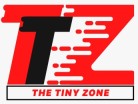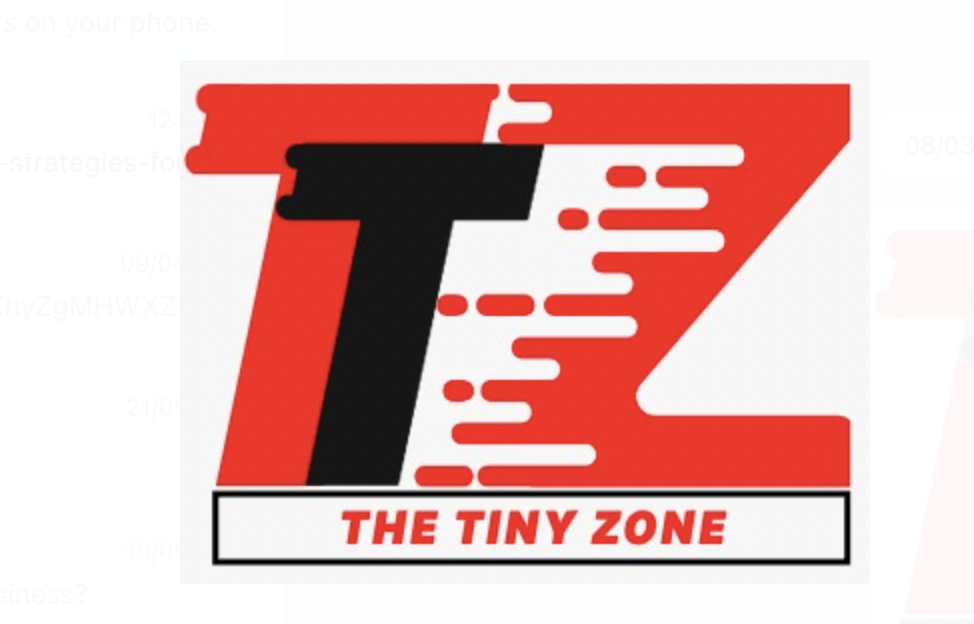Managing the financial health of your business is critical to ensuring long-term success. With the right tools and strategies, you can safeguard your business against economic uncertainties, streamline operations, and enhance profitability. Below, we explore key financial tools and how they can help secure your business’s future.
1. Budgeting and Forecasting Tools

Budgeting and forecasting are foundational for effective financial planning. Tools like QuickBooks, Xero, or Microsoft Excel allow you to create detailed budgets and track expenses in real time. These tools also enable scenario planning, helping you prepare for potential risks and opportunities.
By using these tools, you can gain insights into your cash flow, allocate resources effectively, and identify areas where you can reduce costs or increase investments.
2. Expense Management Software
Uncontrolled expenses can quickly erode your business’s profitability. Expense management tools such as Expensify or Zoho Expense make it easy to track, categorize, and analyze your spending. They allow employees to submit expenses digitally and provide real-time analytics for decision-making.
These tools improve transparency and accountability, ensuring that every dollar spent contributes to your business goals.
3. Accounting Software

Robust accounting software is a cornerstone of financial management. Platforms like Sage, FreshBooks, or Wave simplify tasks like invoicing, payroll, and tax preparation. They integrate with your banking systems to provide a comprehensive view of your financial performance.
Such tools ensure compliance with regulations, minimize errors, and save time, freeing you to focus on growing your business.
4. Financial Dashboards
Financial dashboards consolidate key performance indicators (KPIs) into a single view. Tools like Tableau, Klipfolio, or Power BI allow you to visualize metrics such as revenue, profit margins, and customer acquisition costs. These dashboards provide actionable insights at a glance, enabling informed decision-making.
By monitoring your financial health regularly, you can address issues before they escalate and capitalize on emerging opportunities.
5. Investment and Growth Planning Tools

For businesses looking to expand, investment planning tools like eMoney Advisor or Morningstar Office can be invaluable. These tools help you evaluate potential investments, assess risks, and optimize your portfolio.
They assist in setting measurable financial goals, ensuring that your growth aligns with your long-term vision.
6. Debt Management Solutions

If your business relies on loans or credit, managing debt effectively is crucial. Debt management tools such as Tally or Debt Payoff Planner help you track payment schedules, calculate interest, and identify strategies to pay down debt faster. In cases where debt becomes unmanageable, consulting corporate insolvency practitioners can offer expert guidance and solutions to avoid insolvency, helping you navigate restructuring or liquidation processes.
Proper debt management reduces financial stress and enhances your business’s creditworthiness, opening doors to better financing options in the future.
7. Cybersecurity Tools for Financial Data
With cyber threats on the rise, protecting your financial data is non-negotiable. Tools like Norton, McAfee, or Bitdefender safeguard your systems against unauthorized access. Investing in cybersecurity measures prevents costly breaches and maintains customer trust.
8. Professional Financial Advice
Lastly, leveraging professional advice can make a significant difference. Financial advisors or consultants use advanced tools to offer customized solutions, helping you navigate complex financial landscapes.
Conclusion
The financial future of your business depends on the tools and strategies you adopt today. By integrating practical financial tools into your operations, you can achieve stability, drive growth, and adapt to changing market conditions. Equip your business with these resources to build a resilient foundation and ensure long-term success.


